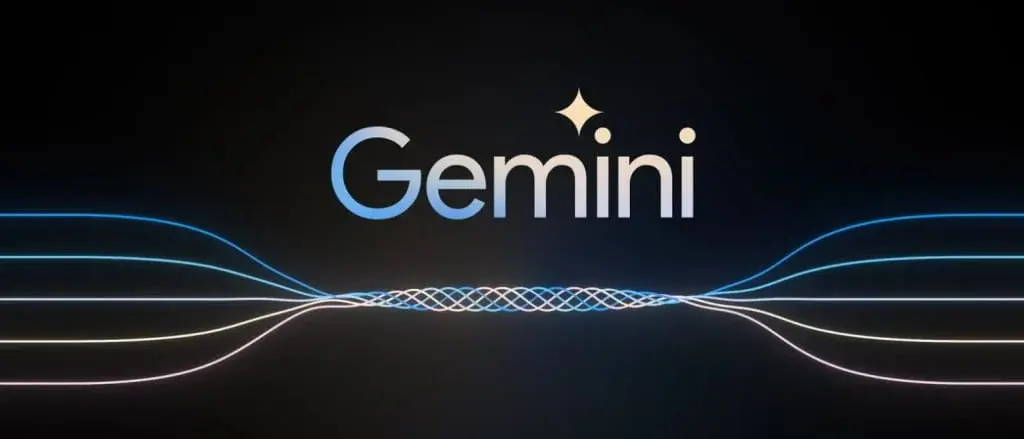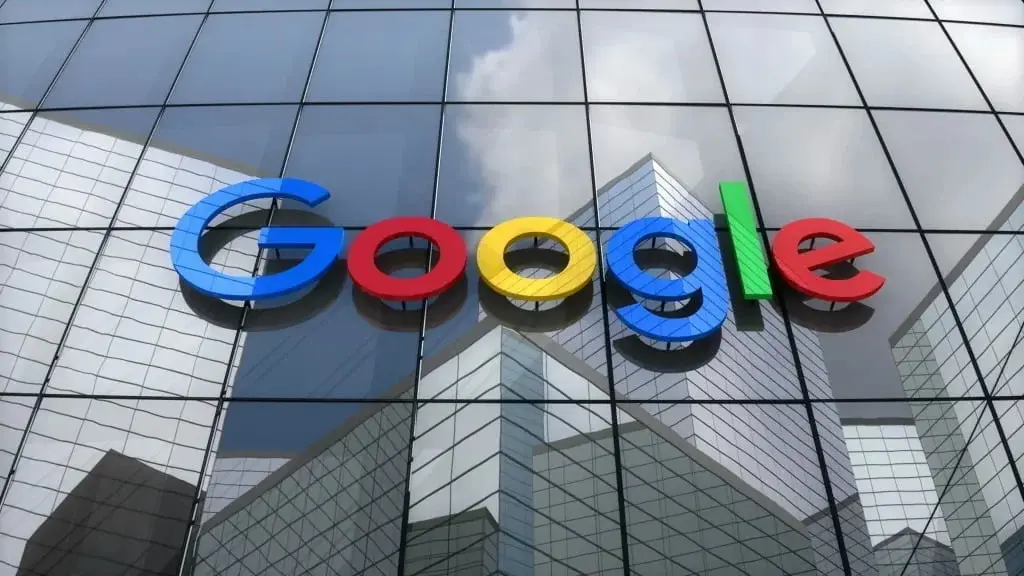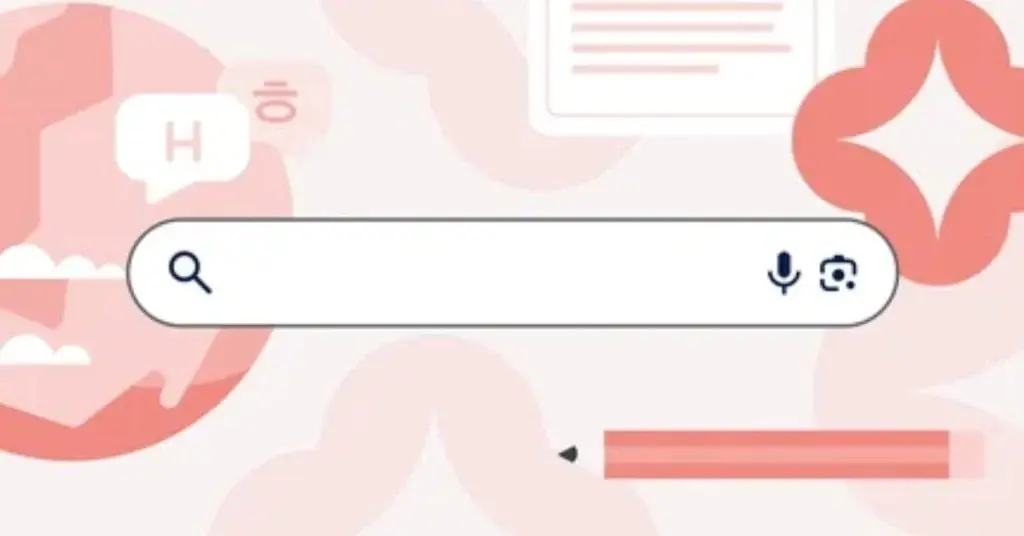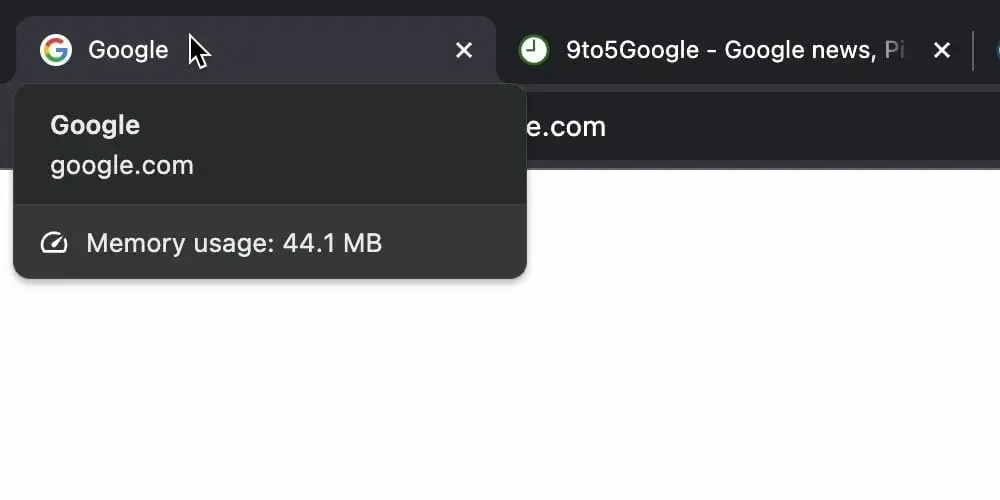Google Extends Deadline for Stadia Controller Bluetooth Synchronization
Google has announced that the deadline to synchronize Stadia controllers with Bluetooth has been extended. Previously, users were required to connect their controllers to a computer and utilize an online application provided by Google to activate Bluetooth mode. However, Google has now pushed out the deadline from December 31, 2023, to December 31, 2024.
Switching to Bluetooth Mode
Switching to Bluetooth mode is a relatively straightforward process, as outlined in the step-by-step directions provided by the application. Once the procedure is complete, the Stadia controller will begin utilizing Bluetooth low-energy connections.
Permanent Changes
It is important to note that once the controller is switched to Bluetooth mode, certain capabilities such as wireless passthrough audio, which are only available with Wi-Fi connectivity, will no longer be accessible. However, Google has deemed this modification to be permanent. Despite losing these functions, users may still prefer to use the controller in Bluetooth mode rather than not being able to use it at all.
Verifying Bluetooth Patch
To ensure that your Stadia controller has the most recent Bluetooth patch, you can visit the Stadia website and connect the controller to a PC. This will allow you to check if any updates are needed.
In conclusion, Google has provided Stadia controller users with more time to switch to Bluetooth mode by extending the deadline to December 31, 2024. By following the step-by-step directions provided by the online application, users can easily activate Bluetooth and enjoy the flexibility of using their Stadia controller with various devices and gaming platforms.










